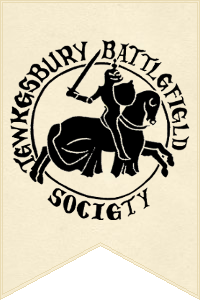May 22nd 1471: Dealing with Kent
Westgate, Canterbury.
King Edward did not rest on his laurels. As soon as his urgent business in London was done he was off on the road again with his brother Richard and his whole army, to deal with the Kentish rebels.
Richard, Duke of Gloucester, went to Sandwich to accept the, probably pre-negotiated, surrender. There he found The Bastard of Fauconberg with a company of soldiers and the ships which hadn’t crossed the channel to Calais. There was no trouble, though. The ‘Arrivall’ has it that; ‘as soon as they understood the King and his host approached near unto them, the said bastard sent unto him such means as best he could humbly to sue for his grace and pardon, and them of his fellowship, and, by appointment, willed there to be delivered to the King’s behove all his ships, and became his true liegemen, with as straight promise of true allegiance as could be devised for them to be made, which, after deliberation taken in that part, for certain great considerations, was granted.’
The King, though, had stopped in Canterbury, where he held an inquiry. Retribution was harsh and punishment swift. Quyntyn and Spysyng, the captains involved in storming London, were among the executed. Their heads were displayed on the Aldgate in London. Nicholas Faunt, the Mayor, was taken to London to be beheaded.
John Thornton, the Town Sergeant was among those accused. It was said that he ‘Falsely and traitorously received the King’s wages to have gone with him to Tewkesbury and went not unto him, but that he with the same wages falsely and traitorously personally assisted the same Fauconberg in the said riot and insurrection’. His punishment isn’t known.
Edward took the Cinque Ports and Canterbury into his direct rule, appointing lieutenants to govern them. The inquiries into the wrongdoings of Kent went on well into the summer. The resultant fines and confiscations swelled the royal coffers. The Great Chronicle of London observed that ‘such as were rich were hanged by the purse and the other that were needy were hanged by the necks, by means whereof the King’s coffers somedeal increased’.

